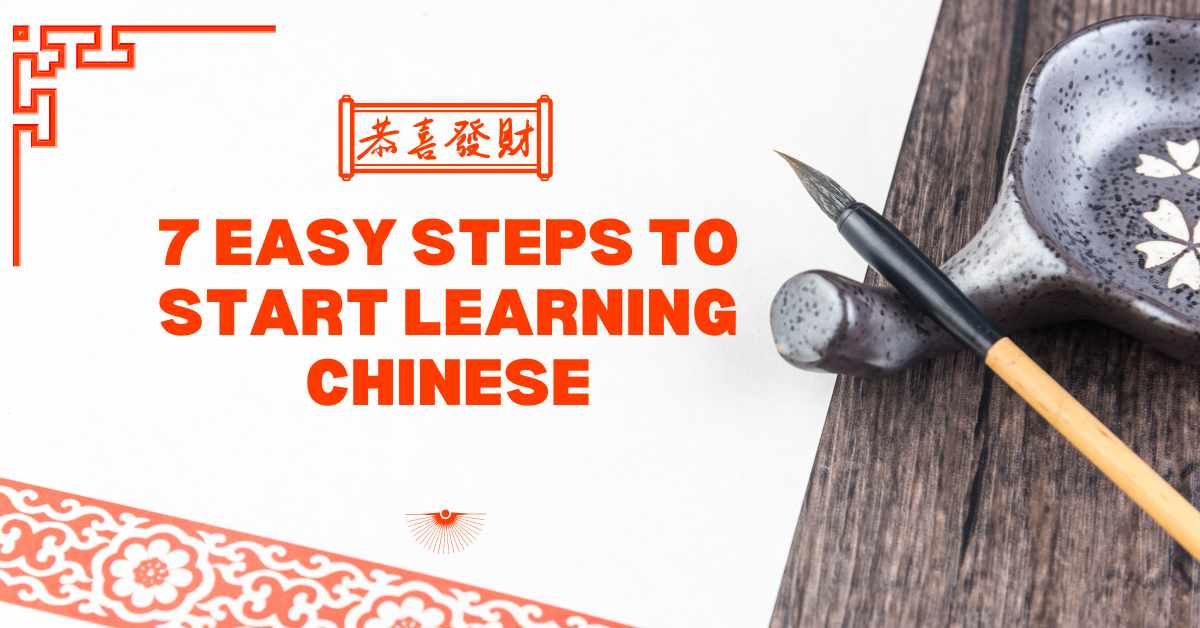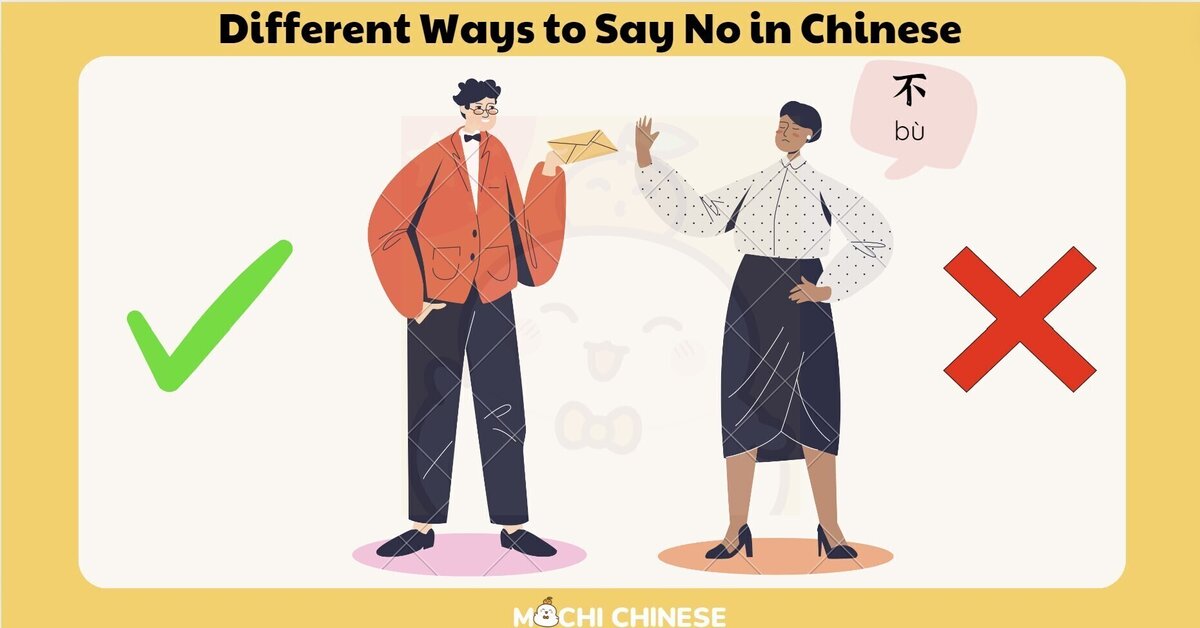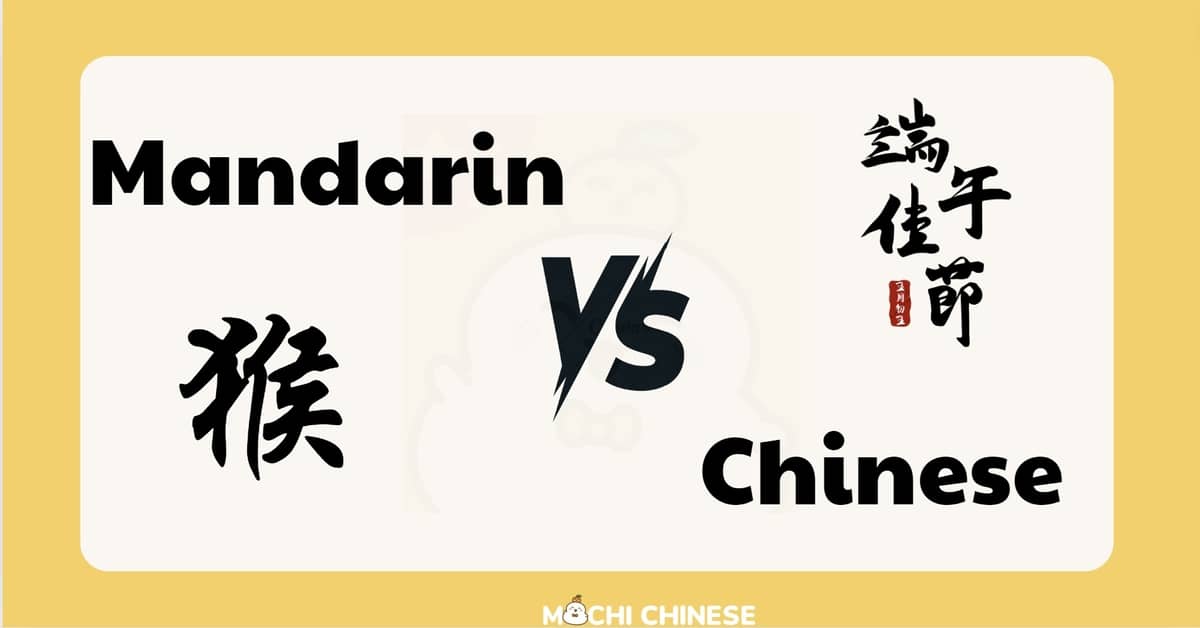Falling in love can feel the same in every language, but expressing it varies widely. In Chinese, saying “I love you” is not just about the words. Diving into romantic expressions helps you connect and understand the cultural nuances. Let’s explore how you can express love in Chinese, from traditional phrases to modern slang.
How to Say “I Love You” in Chinese normally
The most straightforward way to say “I love you” in Mandarin is “我爱你 (Wǒ ài nǐ).” This phrase is powerful in its simplicity. In Beijing, saying 我爱你 is a significant emotional commitment, and it’s reserved for genuine, deep feelings of love.
Common Phrases that Chinese People Use to Express Their Love
Apart from the direct “我爱你,” there are other ways to express affection in Chinese that may not be as intense:
| English | Chinese | Pinyin |
|---|---|---|
| I love you | 我爱你 | wǒ ài nǐ |
| I really love you a lot | 我真的很爱你 | wǒ zhēn de hěn ài nǐ |
| I love you so much | 我是如此爱你 | wǒ shì rú cǐ ài nǐ |
| I love you more than anything | 我爱你胜过一切 | wǒ ài nǐ shèng guò yī qiè |
| I am very happy | 我很高兴 | wǒ hěn gāo xìng |
| I cannot live without you | 我不能没有你 | wǒ bù néng méi yǒu nǐ |
| I do not want to leave you | 我不想离开你 | wǒ bù xiǎng lí kāi nǐ |
| I like everything about you | 我喜欢你的一切 | wǒ xǐ huān nǐ de yī qiè |
| I like you | 我喜欢你 | wǒ xǐ huān nǐ |
| I like her | 我喜欢她 | wǒ xǐ huān tā |
| I like him | 我喜欢他 | wǒ xǐ huān tā |
| I am interested in you | 我对你感兴趣 | wǒ duì nǐ gǎn xìng qù |
| I have feelings for you | 我对你有感觉 | wǒ duì nǐ yǒu gǎn jué |
| I really like you | 我非常喜欢你 | wǒ fēi cháng xǐ huān nǐ |
| I love you crazy | 我疯狂地爱着你 | wǒ fēng kuáng de ài zhe nǐ |
| I love you so much | 我真的很爱你 | wǒ zhēn de hěn ài nǐ |
| I want to be with you | 我想跟你在一起 | wǒ xiǎng gēn nǐ zài yī qǐ |
| Would you like to date? | 你想跟我约会吗? | nǐ xiǎng gēn wǒ yuē huì ma? |
| I have a crush on you | 我暗恋你 | nǒ àn liàn nǐ |
| I miss you | 我想你 | wǒ xiǎng nǐ |
| I miss you so much | 我好想你 | wǒ hǎo xiǎng nǐ |
| I only care about you | 我只在乎你 | wǒ zhǐ zài hū nǐ |
| I passionately love you | 我热烈地爱着你 | wǒ rè liè de ài zhe nǐ |
| I want to date with you | 我想和你约会 | wǒ xiǎng hé nǐ yuē huì |
| I want to know more about you | 我想更了解你 | wǒ xiǎng gèng liǎo jiě nǐ |
| I want to make you happy | 我想让你幸福 | wǒ xiǎng ràng nǐ xìng fú |
| You mean so much to me | 你对我意义重大 | nǐ duì wǒ yì yì zhòng dà |
| I’m yours | 我是你的 | wǒ shì nǐ de |
| I feel so happy being with you | 跟你在一起真的很开心 | gēn nǐ zài yī qǐ zhēn de hěn kāi xīn |
| I will always be by your side | 我会一直陪着你 | wǒ huì yī zhí péi zhe nǐ |
| Love at first sight | 一见钟情 | yī jiàn zhōng qíng |
| Love will find a way | 有情人终成眷属 | yǒu qíng rén zhōng chéng juàn shǔ |
| Love will come at the right time | 日久生情 | rì jiǔ shēng qíng |
| Love you forever | 永远爱你 | yǒng yuǎn ài nǐ |
| Thank you for the gift | 谢谢你的礼物 | xiè xiè nǐ de lǐ wù |
| Thank you for treating me to this meal | 谢谢你请我吃饭 | xiè xiè nǐ qǐng wǒ chī fàn |
| These roses are beautiful | 这些玫瑰很漂亮 | zhè xiē méi guī hěn piào liang |
| What do you like about me | 你喜欢我什么 | nǐ xǐ huān wǒ shén me |
| Will you be my lover? | 你愿意做我的情人吗? | nǐ yuàn yì zuò wǒ de qíng rén ma? |
| Would you like to dance? | 你想跳舞吗? | nǐ xiǎng tiào wǔ ma |
| Are you free this weekend | 这个周末你有空吗? | zhè ge zhōu mò nǐ yǒu kòng ma? |
| Would you be willing to go to dinner with me? | 你愿意和我一起出去吃晚饭吗? | nǐ yuàn yì hé wǒ yī qǐ chū qù chī wǎn fàn ma? |
| Will you marry me? | 你愿意嫁给我吗? | Nǐ yuàn yì jià gěi wǒ ma? |
| You are mine | 你是我的 | nǐ shì wǒ de |
| You are my favorite person | 你是我最喜欢的人 | nǐ shì wǒ zuì xǐ huān de rén |
| You are pretty | 你很美 | nǐ hěn měi |
| You are the best | 你最好了 | nǐ zuì hǎo le |
| You are the most beautiful girl | 你是最美丽的女孩 | nǐ shì zuì měi lì de nǚ hái |
| You are the most handsome guy | 你是最帅的 | nǐ shì zuì shuài deē |
| You are very charming | 你很迷人 | nǐ hěn mí rén |
| You are very cute | 你很可爱 | nǐ hěn kě ài |
| You’re very beautiful | 你很漂亮 | nǐ hěn piào liang |
| You are handsome | 你很帅 | nǐ hěn shuài |
| I think you are pretty good-looking | 我觉得你很好看 | wǒ jué dé nǐ hěn hǎo kàn |
| You look awesome | 你看起来真棒 | nǐ kàn qǐ lái zhēn bàng |
| You look very handsome | 你看起来很帅 | nǐ kàn qǐ lái hěn shuài |
| You make me happy | 你让我快乐 | nǐ ràng wǒ kuài lè |
| Your eyes are beautiful | 你的眼睛很美 | nǐ de yǎn jīng hěn měi |
| I like your personality | 我喜欢你的性格 | wǒ xǐ huān nǐ de xìng gé |
| I like your eyes | 我喜欢你的眼睛 | wǒ xǐ huān nǐ de yǎn jīng |
| I’m very happy when I’m with you | 跟你在一起的时候好开心 | gēn nǐ zài yī qǐ de shí hòu hǎo kāi xīn |
| You stole my heart | 你偷走了我的心 | nǐ tōu zǒu le wǒ de xīn |
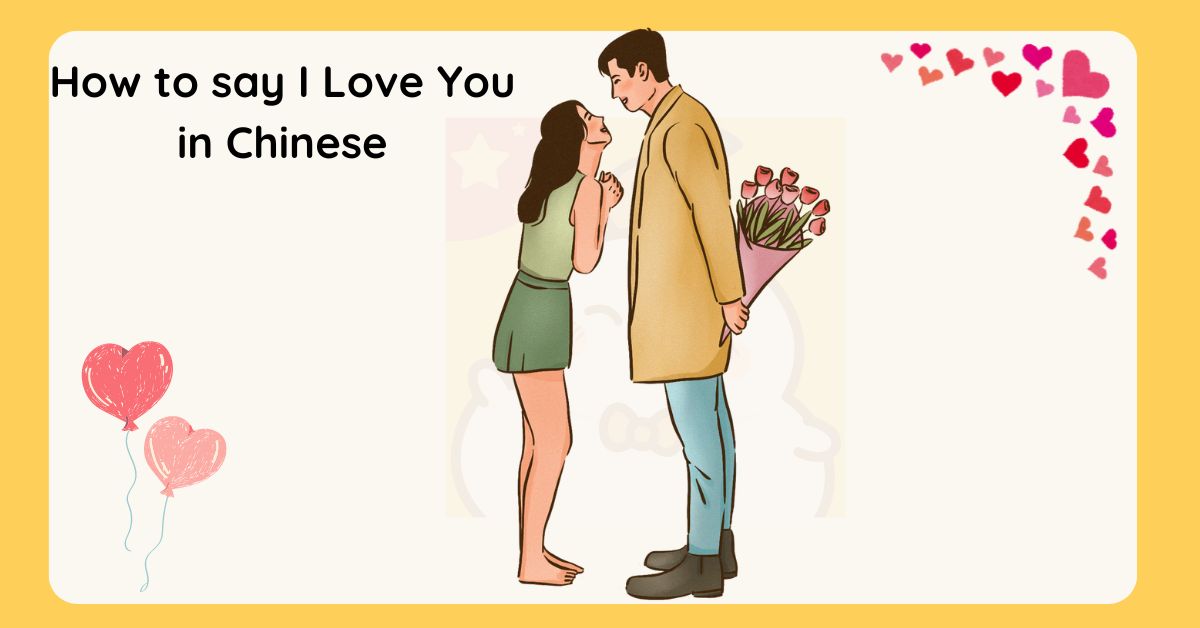
Chinese Loving Words
Next, let’s look at some Chinese words that express love and affection.
| English | Chinese | Pinyin |
|---|---|---|
| Affection | 感情 | gǎn qíng |
| Appreciate | 欣赏 | xīn shǎng |
| Boyfriend | 男朋友 | nán péng you |
| Caring | 关怀 | guān huái |
| Cherish | 珍爱 | zhēn ài |
| Chocolate | 巧克力 | qiǎo kè lì |
| Compromise | 妥协 | tuǒ xié |
| Cupid | 丘比特 | qiū bǐ tè |
| Cute | 可爱 | kě ài |
| To date | 约会 | yuē huì |
| Forever | 永远 | yǒng yuǎn |
| Friendship | 友谊 | yǒu yì |
| Fun | 好玩 | hǎo wán |
| Gift | 礼物 | lǐ wù |
| Girlfriend | 女朋友 | nǚ péng you |
| Happiness | 幸福 | xìng fú |
| Happy | 快乐 | kuài lè |
| Heart | 心 | xīn |
| Hugs | 拥抱 | yōng bào |
| Husband | 丈夫 | zhàng fu |
| Infatuated | 痴情 | chī qíng |
| Joy | 喜乐 | xǐ lè |
| Kiss | 吻 | wěn |
| Love | 爱 | ài |
| Loyal | 忠诚 | zhōng chéng |
| Marriage | 婚姻 | hūn yīn |
| Passion | 热情 | rè qíng |
| Romantic | 浪漫 | làng màn |
| Rose | 玫瑰 | méi guī |
| Selfless | 无私 | wú sī |
| Surprise | 惊喜 | jīng xǐ |
| Teddy bear | 泰迪熊 | tài dí xióng |
| To be grateful | 感谢 | gǎn xiè |
| To express feelings | 表白 | biǎo bái |
| To express feelings | 告白 | gào bái |
| To like | 喜欢 | xǐ huan |
| To love | 明恋 | míng liàn |
| To trust | 信任 | xìn rèn |
| To understand | 了解 | liǎo jiě |
| Warm | 温暖 | wēn nuǎn |
| Wife | 妻子 | qī zi |
Endearment in Chinese
Another way Chinese show affection is through special nicknames for loved ones. Some sound cute or even a bit harsh, but you can tell they’re meant kindly by the tone. For example, ‘silly melon’ is always a term of endearment, never an insult!
| English | Chinese | Pinyin |
|---|---|---|
| Baby | 宝贝 | bǎo bèi |
| Baby | 宝宝 | bǎo bao |
| Beautiful girl | 美女 | měi nǚ |
| Dear | 亲爱的 | qīn ài de |
| Dear | 亲 | qīn |
| Wife (often used for girlfriends) | 媳妇 | xí fù |
| Handsome guy | 帅哥 | shuài gē |
| Husband | 老公 | lǎo gōng |
| Husband | 丈夫 | zhàng fu |
| Sweetheart | 小甜甜 | xiǎo tián tián |
| Sweetheart | 甜心 | tián xīn |
| Wife | 老婆 | lǎo pó |
| Wife | 妻子 | qī zi |
| My loved one | 我的爱人 | wǒ de ài rén |
| My angel | 我的天使 | wǒ de tiān shǐ |
| Little piggy | 小猪猪 | xiǎo zhū zhū |
| Darling | 乖乖 | guāi guāi |
| Lover | 情人 | qíng rén |
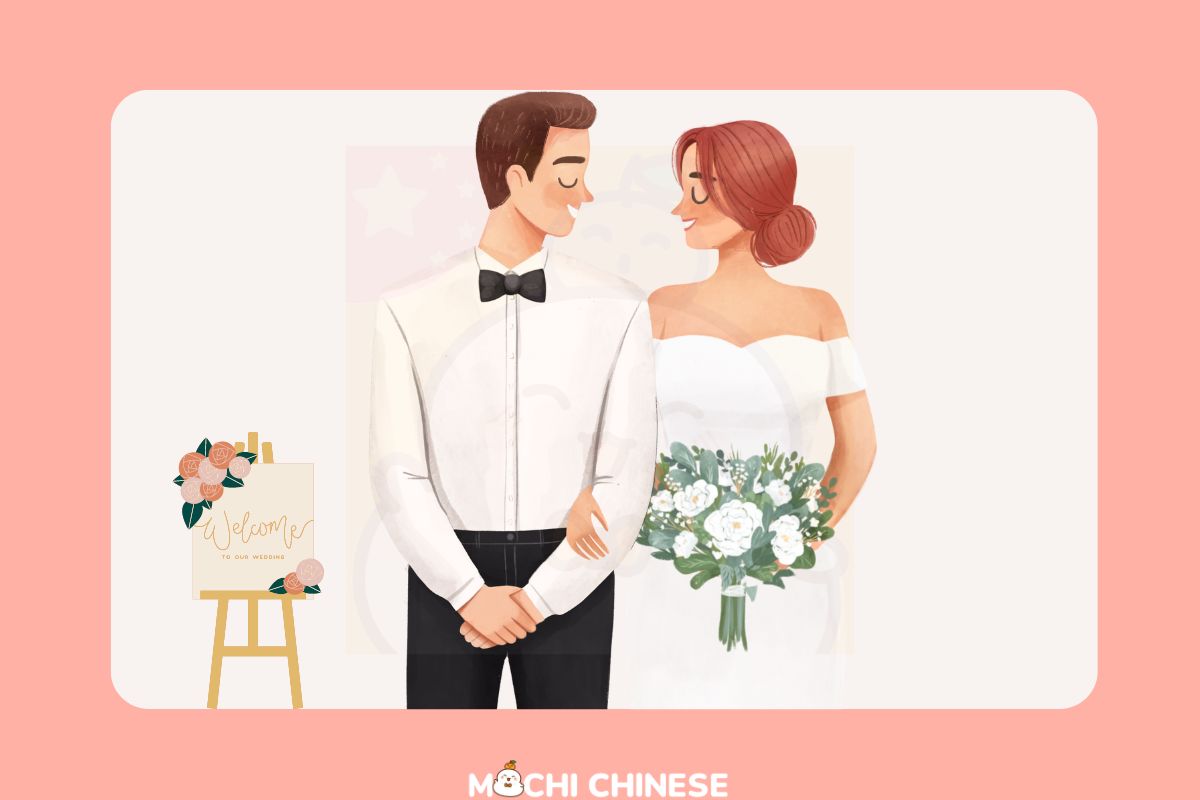
If you want to have more ways to say and express love in Chinese in the most natural way, you need to strengthen your common vocabulary on this topic. Mochi Chinese provides a rich vocabulary with nearly 5,000 words arranged in lists from basic to advanced. Vocabulary is divided into lessons by topic to help you memorize more systematically and easily. Besides, the app also helps learners find the golden time to review which is the most effective time based on the Spaced Repetition method.
Romantic codes: Using numbers to say I love you
| English | Number | Pinyin | Sounds like | Pinyin |
|---|---|---|---|---|
| Love you | 520 | wǔ èr líng | 我爱你 | wǒ ài nǐ |
| Hug you | 880 | bā bā líng | 抱抱你 | bào bào nǐ |
| I miss you | 530 | wǔ sān líng | 我想你 | wǒ xiǎng nǐ |
| Forever | 1314 | yī sān yī sì | 一生一世 | yī shēng yī shì |
| I love only you | 921 | jiǔ èr yī | 就爱你 | jiù ài nǐ |
| I will love you for a long long time | 20999 | èr líng jiǔ jiǔ jiǔ | 爱你久久久 | ài nǐ jiǔ jiǔ jiǔ |
| Kiss me and hug me | 775885 | qī qī wǔ bā bā wǔ | 亲亲我,抱抱我 | qīn qīn wǒ bào bào wǒ |
| I will love you for the rest of my life | 5201314 | wǔ èr líng yī sān yī sì | 我爱你一生一世 | wǒ ài nǐ yī shēng yī shì |
| I love for a lifetime with an unchanging heart | 52033 44587 | wǔ èr líng sān sān sì sì wǔ bā qī | 我爱你生生 世世不变心 | wǒ ài nǐ shēng shēng shì shì bú biàn xīn |
| I still have deep love for you | 53719 | wǔ sān qī yī jiǔ | 我深情依旧 | wǒ shēn qíng yī jiù |
| I’m thinking of kissing you | 53770 | wǔ sān qī qī líng | 我想亲亲你 | wǒ xiǎng qīn qīn nǐ |
| I’m thinking of hugging you | 53880 | wǔ sān bā bā líng | 我想抱抱你 | wǒ xiǎng bào bào nǐ |
| I swear I love you | 584520 | wǔ bā sì wǔ èr líng | 我发誓我爱你 | wǒ fā shì wǒ ài nǐ |
| Your companion forever | 801314 | bā líng yī sān yī sì | 伴你一生一世 | bàn nǐ yī shēng yī shì |
| Being loved is happiness | 82475 | bā èr sì qī wǔ | 被爱是幸福 | bèi ài shì xìng fú |
| You are the one and only for me | 04551 | líng sì wǔ wǔ yī | 你是我唯一 | nǐ shì wǒ wéi yī |
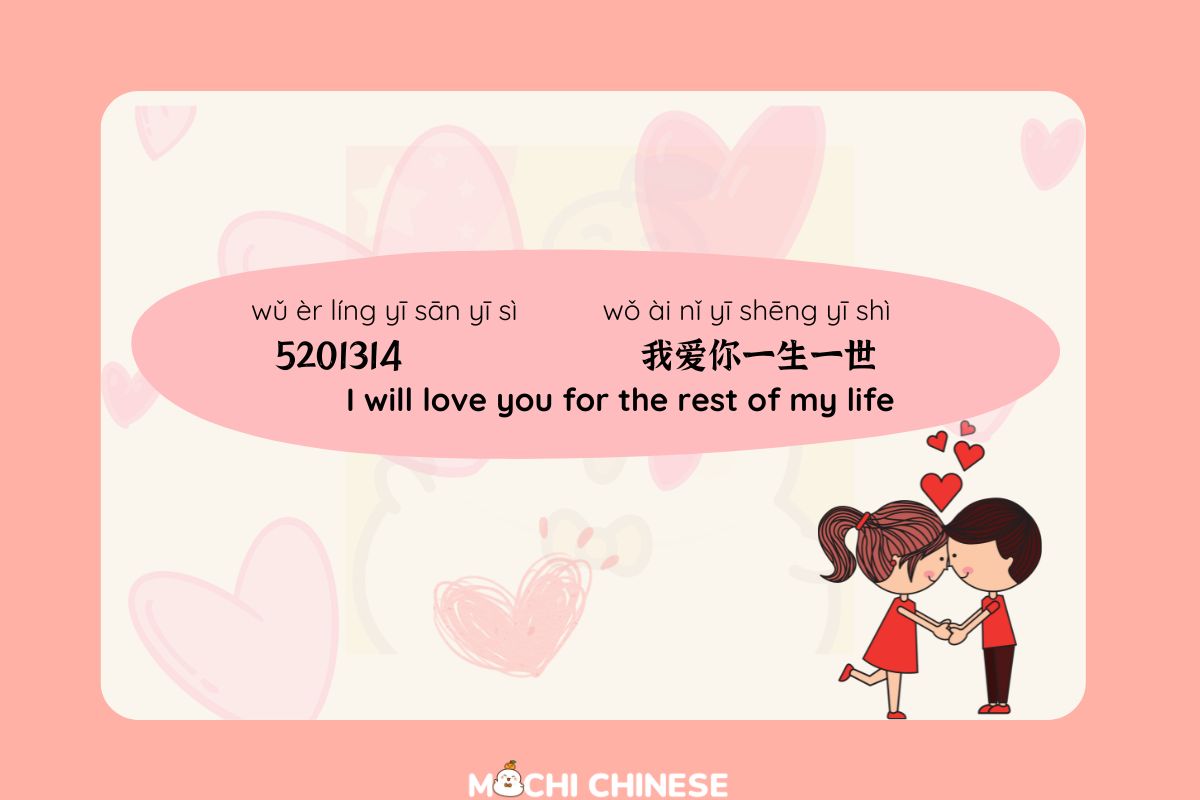
Chinese love quotes from proverbs and poems
| English | Chinese | Pinyin | Meaning |
|---|---|---|---|
| Love me, love my dog. | 爱屋及乌 | ài wū jí wū | To love someone is to also love the people/things important to them |
| Wishing us long life, though sharing moonlight from afar. | 但愿人长久,千里共婵娟 | dàn yuàn rén cháng jiǔ,qiān lǐ gòng chán juān | Used to express that we wish the people we love to have a long life. |
| Hold hands with you, grow old with you. | 执子之手,与子偕老 | zhí zǐ zhī shǒu,yǔ zǐ xié lǎo | Used to express the desire of wanting to grow old with someone |
| Long for a heart, never be apart. | 愿得一人心,白首不相离 | yuàn dé yī rén xīn,bái shǒu bù xiāng lí | When you love someone, you never want to be apart. |
| People in love become spouses in the end. | 有情人终成眷属 | yǒu qíng rén zhōng chéng juàn shǔ | Used to describe lovers who ended up getting married. |
| To be beautiful enough to make fish sink and geese settle, the moon hides and flowers feel shy | 沉鱼落雁,闭月羞花 | chén yú luò yàn bì yuè xiū huā | This saying refers to China’s four historical great beauties, each of whom can make something supernatural happen with their beauty. |
| In a lover’s eye is the foremost beauty. | 情人眼里出西施 | qíng rén yǎn lǐ chū xī shī | Beauty is in the eye of the beholder. |
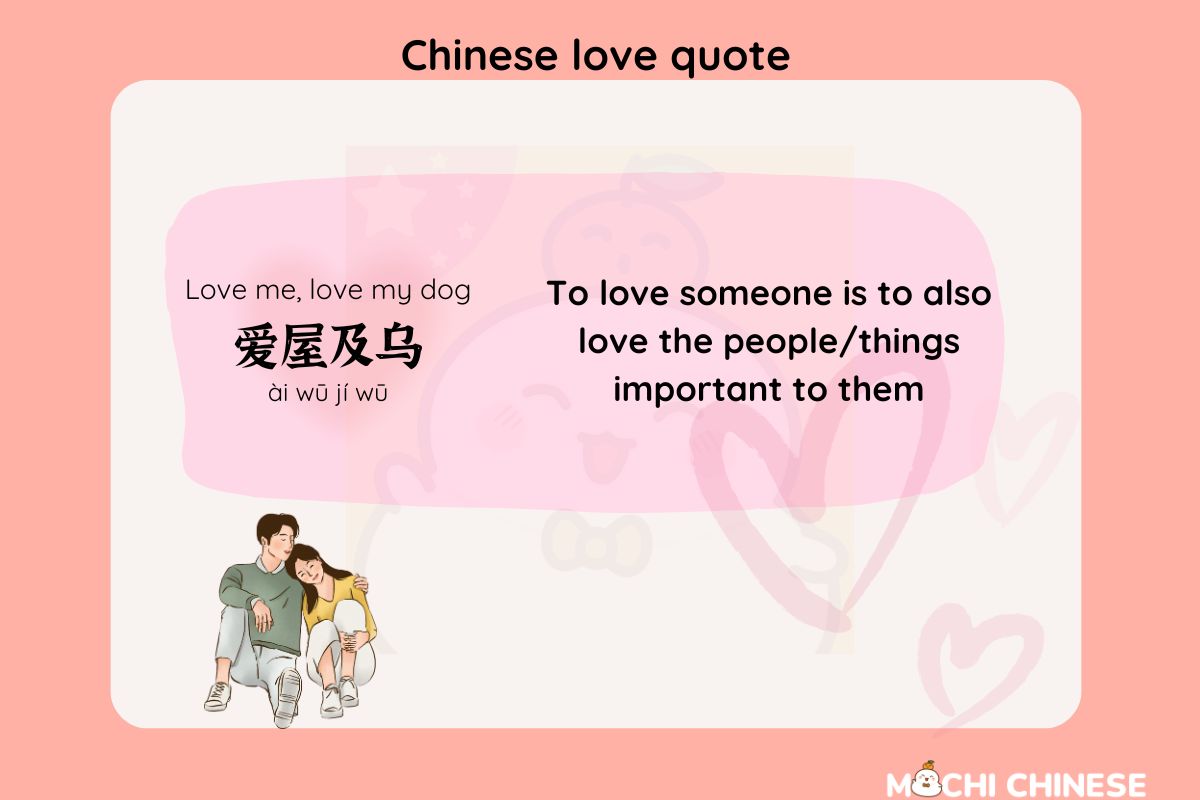
Chinese songs about love
| Song | Pinyin | English |
|---|---|---|
| 月亮代表我的心 | Yuèliàng dàibiǎo wǒ de xīn | The moon represents my heart. |
| 甜蜜蜜 | Tiánmì mì | Sweet honey. |
| 情非得已 | Qíng fēiděi yǐ | Love has no choice |
| 今天你要嫁给我 | Jīntiān nǐ yào jià gěi wǒ | You will marry me today |
| 遇见 | Yùjiàn | Meeting you. |
| Beautiful Love | ||
| 告白气球 | Gàobái qìqiú | confession balloon |
| 慢慢喜欢你 | Màn man xǐhuān nǐ | Slowly falling in love with you |
| 光年之外 | Guāng nián zhī wài | light years away |
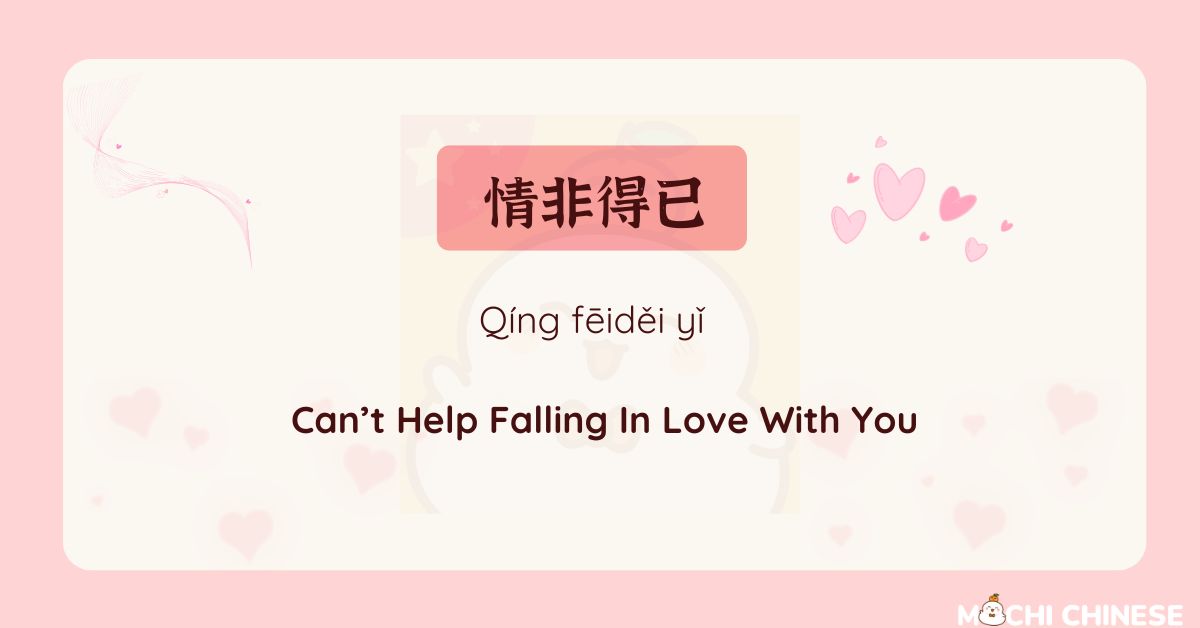
Love-related special occasion in Chinese
Here are some love-related special occasions celebrated in Chinese culture:
- Qixi Festival (七夕节) – Often referred to as Chinese Valentine’s Day, it is celebrated on the seventh day of the seventh lunar month. It is inspired by the romantic legend of the Cowherd and the Weaver Girl. Another name for the Qixi Festival is Double Seventh Festival (双七节)
- Lantern Festival (元宵节) – Though not exclusively about romantic love, this festival, which marks the end of Chinese New Year celebrations on the fifteenth day of the first lunar month, is a time when young couples traditionally celebrate their love and common folk engage in matchmaking activities.
- White Day (白色情人节) – Adapted from Japanese culture, White Day is celebrated on March 14, exactly one month after Valentine’s Day. On this day, those who received gifts on Valentine’s Day return the favor, often with white-themed gifts.
- Valentine’s Day (情人节 / 西方情人节) – This refers specifically to the Western Valentine’s Day celebrated on February 14, Valentine’s Day has become widely celebrated in urban areas of China, with couples exchanging gifts, flowers, and going on dates.
These occasions provide various opportunities for expressing love and affection, blending traditional Chinese customs with modern influences.


